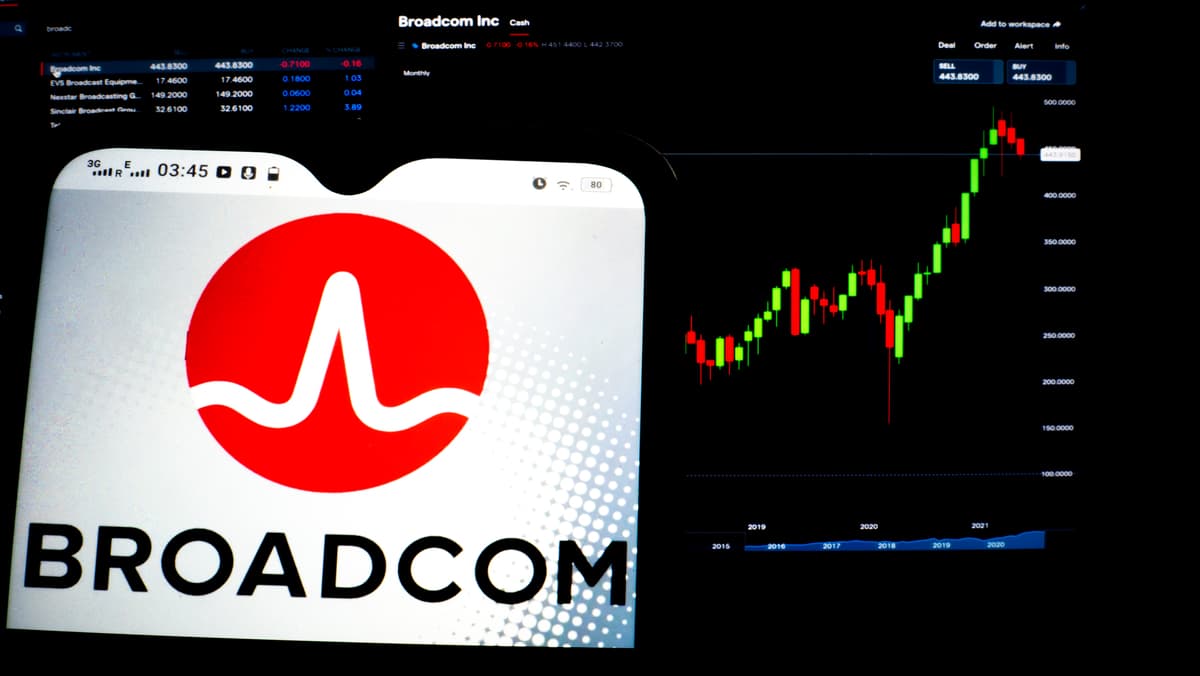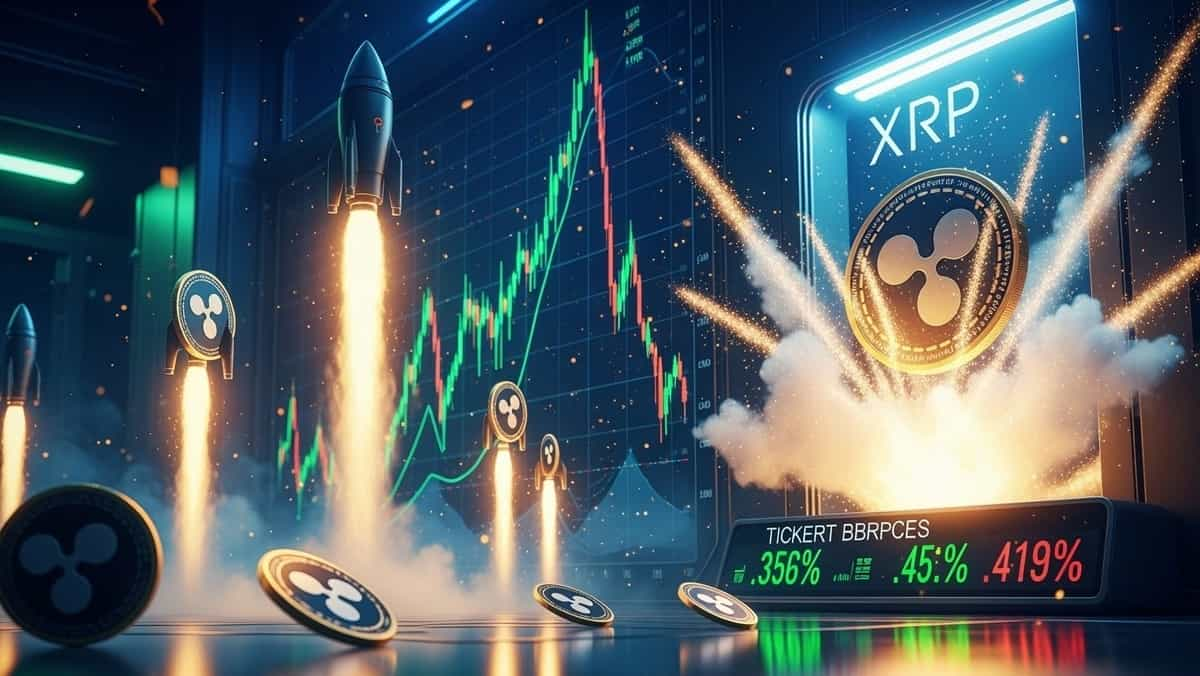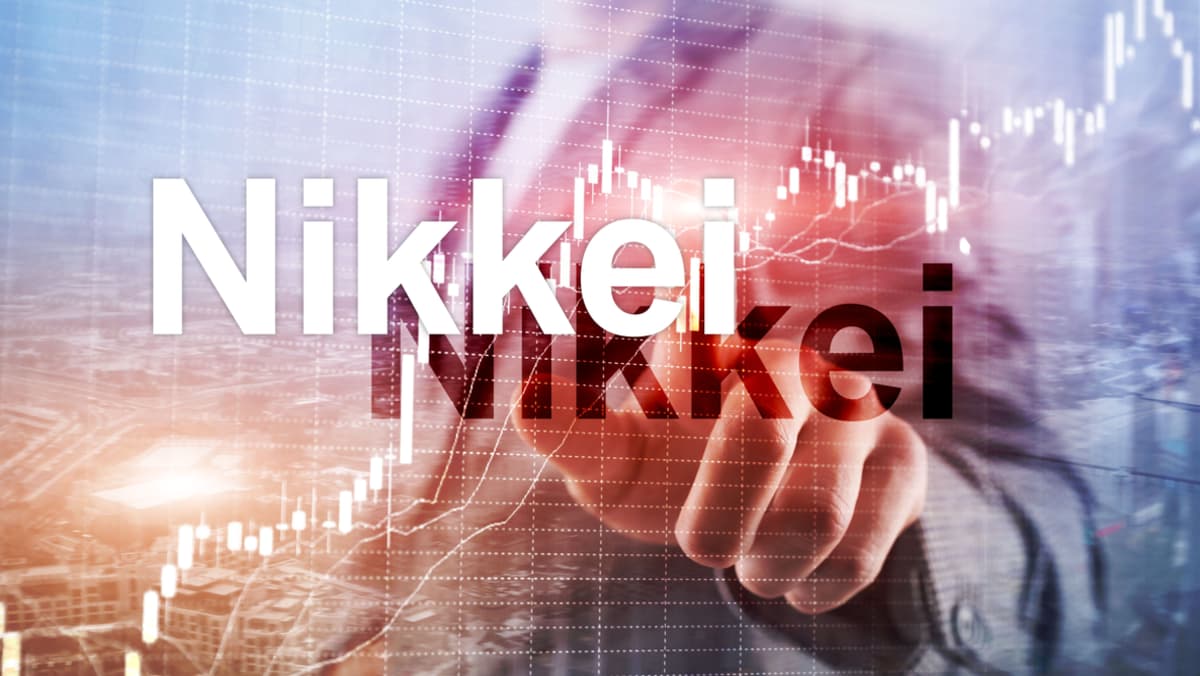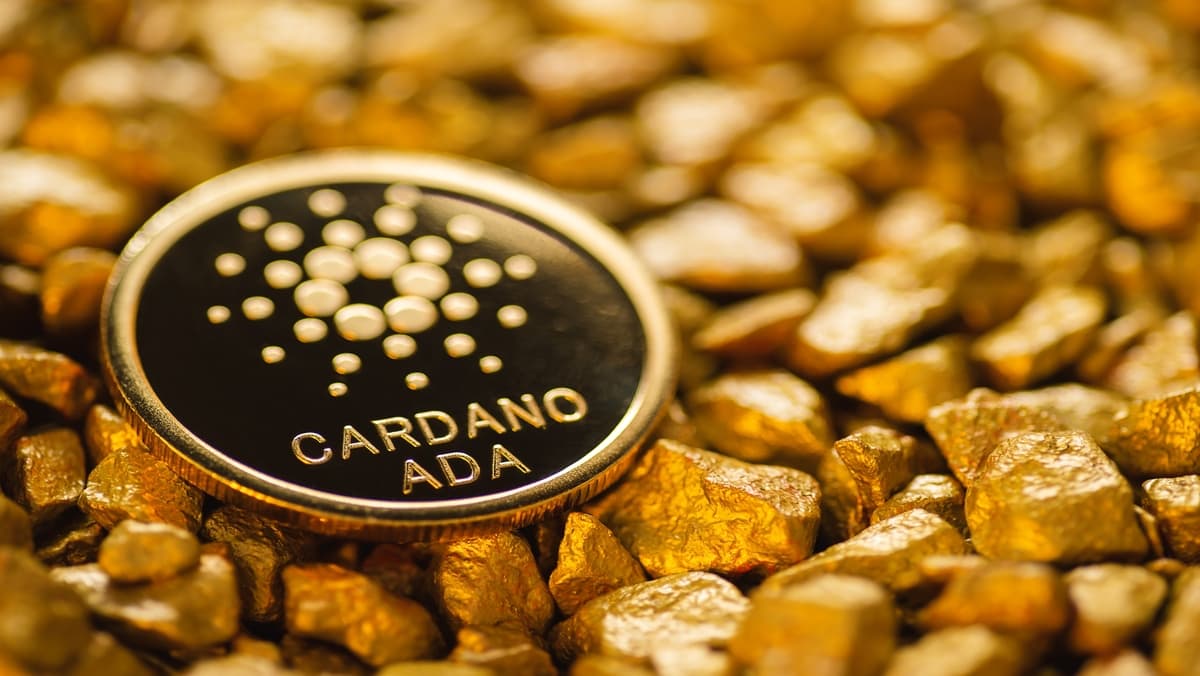An in-depth investigation into the controversial claims of central banks' gold reserves surpassing US Treasury holdings, considering data and economic analysis.
Apple is set to unveil its iPhone 17 lineup, amid anticipation for its new features and potential price increases. This article provides a comprehensive analysis of what to expect.
Tom Lee remains bullish on Bitcoin's future, forecasting a significant price surge driven by monetary policy changes and seasonal Q4 optimism.
The silver market is experiencing turmoil due to soaring leasing rates and fears of US tariffs, leading to price dislocations between trading hubs.
Economists are sharply divided on the Fed's potential rate cut, amid concerns about both inflation and slowing growth. This article explores the key arguments on both sides.
The US stock market is experiencing a surge, driven by China concept stocks. 36Kr leads the way with a significant increase, while markets await inflation data and upcoming interest rate decisions.

VOO Is Up Today: The Vanguard S&P 500 ETF (VOO) is a popular exchange-traded fund that tracks the performance of the S&P 500 index, representing a broad swath of the U.S. equity market.

Forex CFD trading platforms: The world of forex trading has been transformed by the introduction of Contracts for Difference (CFDs), allowing traders to speculate on currency price movements without owning the underlying asset.

EV Stocks with Growth Potential: The electric vehicle (EV) market has rapidly evolved, capturing the attention of investors and consumers alike.

Broadcom Stock Price Is Up Over 3% Today: Broadcom Inc. (AVGO) has garnered attention in the stock market, especially with its recent price movements.

Vikram Solar Share Is Trading Higher: Vikram Solar, a prominent player in the solar energy sector, has recently seen its shares trading higher.

Forex Market Today: The foreign exchange (forex) market is a dynamic environment where currencies are traded continuously, influenced by various economic factors, geopolitical events, and market sentiment.
The US is bracing for the release of revised employment data, with expectations of a significant downward adjustment. This report is poised to impact the political and economic discourse, particularly regarding the economic legacies of Trump and Biden, and the Federal Reserve's decisions.
The Euro is gaining ground against the Dollar amid expectations of diverging monetary policies between the Fed and ECB, despite political turmoil in France. Weak US economic data supports this trend.
French President Emmanuel Macron faces a crucial decision in selecting the next Prime Minister. This article explores the available options from various political backgrounds, analyzing the challenges and opportunities each candidate presents.

Is XRP/USD A Good Investment: XRP, the digital asset linked to the Ripple network, has garnered significant attention in the cryptocurrency space.

Active Index CFDs: Index CFDs present a dynamic way for traders to speculate on the performance of various markets without needing to invest in the underlying assets.

Is Cardano A Good Buy: Cardano (ADA) has emerged as a significant player in the cryptocurrency market, garnering attention for its innovative technology and mission to provide a more secure and scalable blockchain.